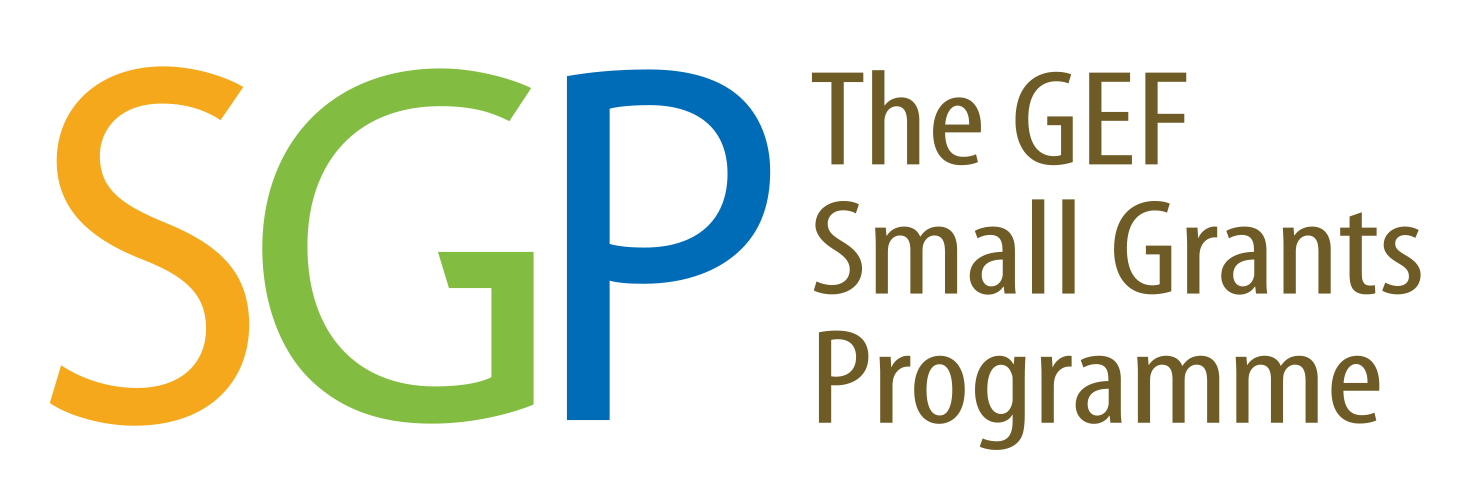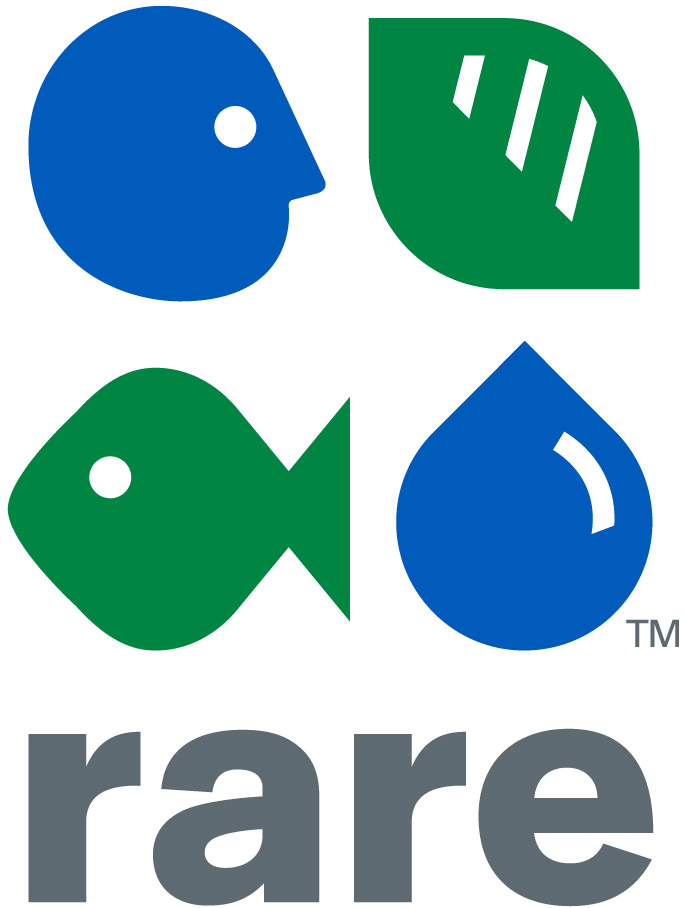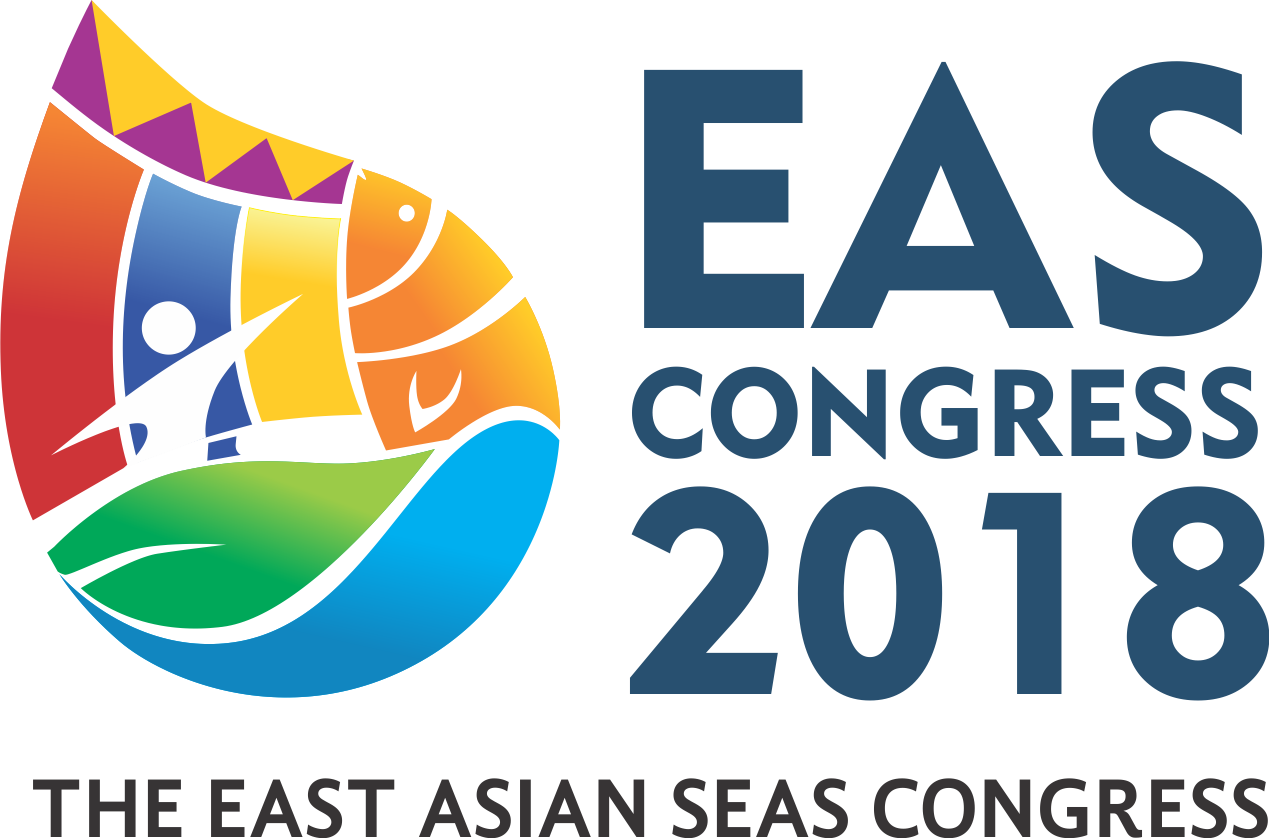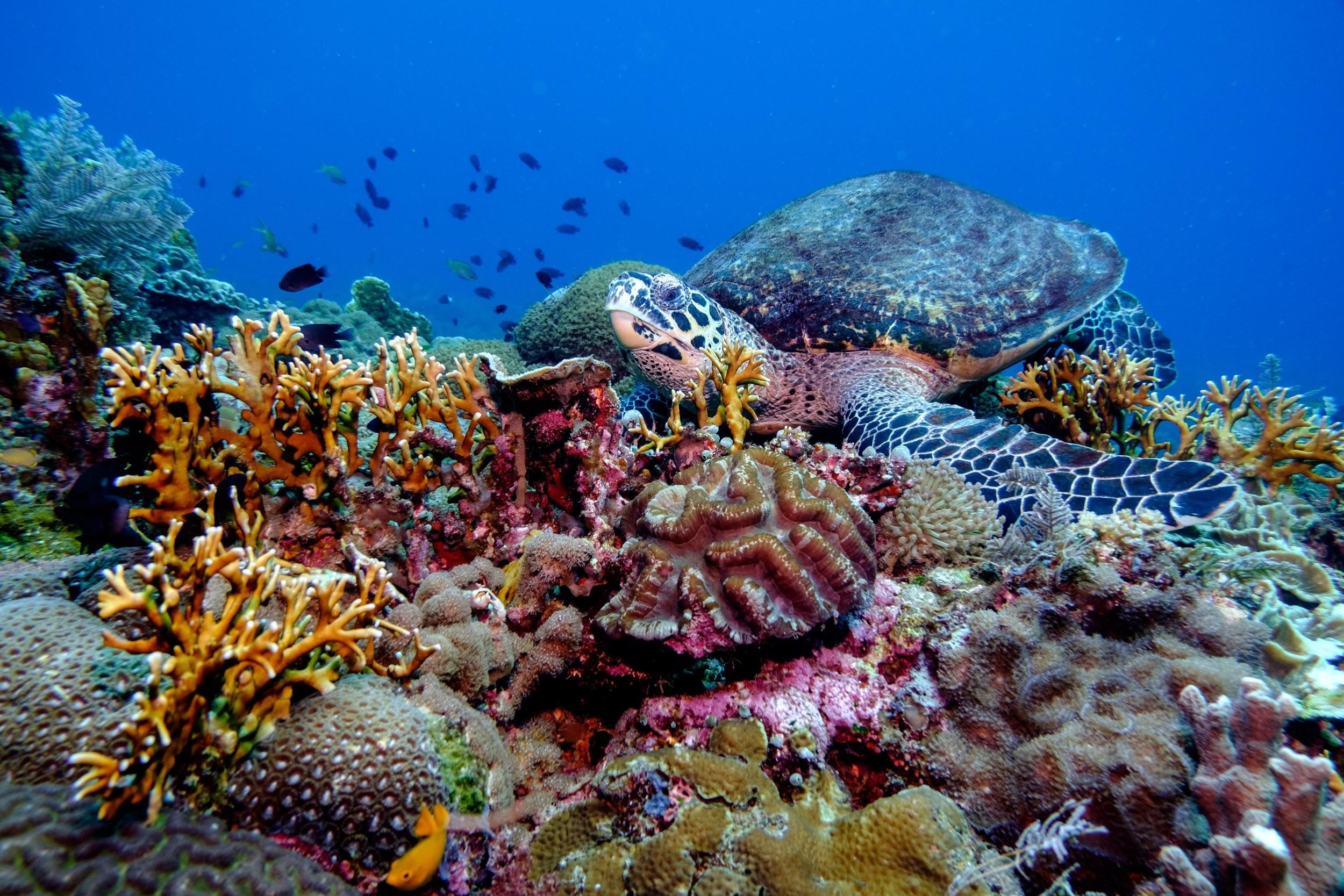photo by Jon Andrew Cabiles/ PEMSEA
Comprising some seven million square kilometers of shared seas and bordered by some 235,000 km of coastlines, the East Asian Seas (EAS) region is home to the highest concentrations of the world’s coastal and marine biodiversity. Found in the EAS region are 35% of the world’s mangrove, 33% of seagrass beds, and 33% of the world’s coral reefs which support a widely diverse species. These account for a wide array of ecosystem services including 80% of global aquaculture and 60% of global fisheries capture.
Despite the ecological importance and the benefits people derive from it, the coastal and marine biodiversity are highly threatened by development-related pressures brought about by high population growth, rapid industrialization, urbanization and climate change. In particular, these pressures include local and global stressors such as overfishing, land and sea-based pollution, ocean acidification, rising sea temperature, among others.
The EAS region puts on a considerable emphasis on biodiversity in ocean and coastal management efforts to address the global concern on habitat degradation and biodiversity loss. The Sustainable Development Strategy for the Seas of East Asia (SDS-SEA), which 12 countries in the region have committed to implement integrates biodiversity protection, conservation and rehabilitation as one of its major strategies and action programs for the sustainable development of the region’s oceans and coasts. National, regional and international organizations also put considerable efforts to managing biodiversity through: collaborative conservation actions, empowering local communities and civil society organizations for environmental protection, the alignment of ocean literacy projects and outreach programs with the UN SDGs, and the improvement of small-scale fisheries management.
The upcoming EAS Congress 2018 on 27-30 November at the Iloilo Convention Center will explore these latest efforts and lessons learned from leading organizations to improve coastal management and biodiversity conservation. Join the global leaders and experts in the Track 3: Biodiversity and Coastal Management of the Partnerships Hubs through the four different sessions as they delve deeper into these different biodiversity and coastal management practices.
Session 3.1: Healthy Coasts and Healthy ASEAN: Saving the ASEAN Seas through Effective Collaboration

A healthy coastal and marine ecosystem plays a critical role in ASEAN’s food and livelihood security. With this, ASEAN Centre for Biodiversity (ACB), together with the ASEAN member states, works towards a more aggressive, targeted and highly complementary action towards a healthy coasts.
ACB will convene a four-hour session, which includes case study presentations and open forums, to share the status of the coastal and marine resources in the ASEAN. The session will discuss conservation actions of the member states that contributes to the achievement of the goals of the Convention on Biological Diversity. Specifically, the session aims to increase awareness on the region’s status in achieving targets, establish a strong cooperation mechanism, and increase support and commitment from ASEAN governments and relevant partners for a productive and healthy coastal and marine environment in the region.
Session 3.2: MABIK: Promoting Biodiversity in the Seas of East Asia

The National Marine Biodiversity Institute of Korea (MABIK) has been working towards a better ocean literacy through outreach programs and research projects since 2015. To further establish their networks for the conservation and sustainable use of marine biodiversity, they hope to meet new partners in the EAS region.
MABIK will convene a two-hour session specifically to initiate more collaborative projects, outreach programs and joint workshops aligned with UN SDGs and the SDS-SEA. They will present their facilities, research projects and outreach programs through video presentations and a networking session.
Session 3.3: Partnerships to Scale up Community-based Ocean and Coastal Management

GEF Small Grants Programme (SGP) supports local actions to address global environmental challenges by providing financial and technical aid to communities and civil society organizations. SGP aims to strengthen partnerships with various national, regional and international programmes for the promotion of scaling up of local actions and its integration into regional frameworks and action programs for environmental protection.
A two-hour panel discussion will tackle the experiences and lessons learned in implementing various regional programmes, the challenges and opportunities of translating regional frameworks or agreements into local actions, and the mechanisms or processes of incorporating local actions to regional policy-making or intergovernmental meetings. The session hopes to illicit recommendations to address challenges and identify opportunities and mechanisms for translating regional frameworks/agreements into local actions, as well as document and disseminate experiences on the implementation of partnership programs.
Session 3.4: Focus on Coastal Fisheries: Issues, Opportunities and Solutions

Although critical to food security, economies and marine biodiversity, coastal fisheries often remain undervalued and under-resourced. With this, RARE, Inc. Philippines and Indonesia aims to establish a greater appreciation to the importance of coastal fisheries in aligning and consolidating resources across governments, NGOs and private sectors.
The two-hour session will include presentations of case studies and a panel discussion to tackle issues such as the lack of data, securing preference for small-scale fishers, governance and financing at provincial and regional scales, as well as the opportunities presented by community-focused management approaches and partnerships taken to scale.

